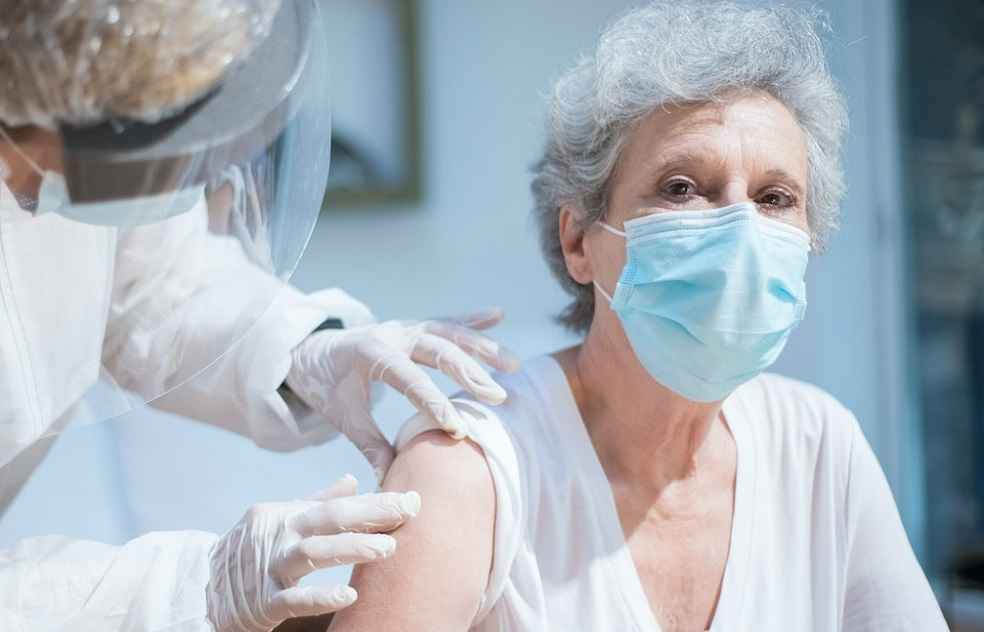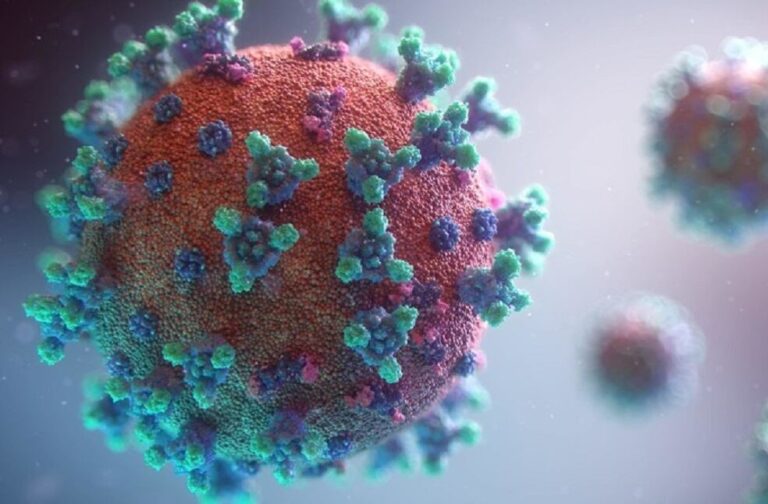United States: A new study found that up to one in 20 new diabetes cases could be related to the COVID infection. The research suggested that the pandemic may be contributing to a rapidly escalating diabetes crisis, with individuals who have experienced more severe COVID at greatest risk.
Lifestyle factors such as being overweight or obese continue to be the main driver for the increase, with 4.3 million officially diagnosed cases in the UK alone.
Prof. Naveed Janjua at the University of British Columbia in Vancouver, Canada, and his colleagues studied the British Columbia Covid-19 Cohort, a surveillance platform that links data on Covid infections and vaccinations with sociodemographic and administrative health data.

The research team examined records from 629,935 people who took a PCR test for COVID and found those who tested positive were significantly more likely to experience a new diagnosis of type 1 or type 2 diabetes in the following weeks and months, with 3-5 percent of new diabetes cases attributable to COVID overall.
“Another way to phrase this is that out of 100 people with diabetes, 3-5 percent are related to the Sars-CoV-2 infection,” Mr. Janjua, whose research was published in the JAMA Network Open medical journal, commented.
Men and women who were hospitalised with COVID appeared to be at greatest risk. However, among the general population, the association between Sars-CoV-2 infection and diabetes risk was significant only for men, possibly due to sex-specific immune responses to the virus.
“Given the large number of people infected with COVID-19, these excess diabetes cases could translate into a very large population-level burden of diabetes, which could strain already stretched healthcare systems,” Mr. Janjuar further added.

Dr. Caroline Ponmani, a consultant in paediatric emergency medicine at Queen’s Hospital in Romford, Essex, who has been investigating links between COVID and the development of type 1 diabetes in children, stated that “this is new and highly interesting data that has long-term implications in resource planning and allocation. It has a longer follow-up time compared to other studies, and it appears that the incidence of new-onset diabetes continues to be high after Sars-CoV-2 infection.”
Although individuals in this study were predominantly diagnosed with type 2 diabetes, which is more common in adults, Mr. Ponmani’s research suggests COVID infection is more likely to be associated with the development of type 1 diabetes in children.



